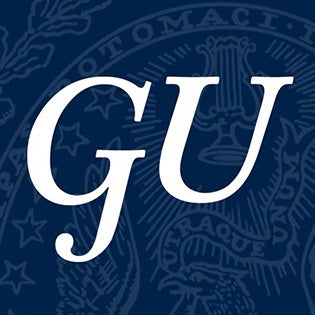DISSERTATION DEFENSE: JANIRE ZALBIDEA
Output, Task Modality, and Target Form Salience in Learner Noticing of Form and L2 Development
The present two-experiment study investigated how learner-generated focus on form and subsequent L2 development is maximized or hindered by relevant factors related to the task (output requirements, modality conditions), the target form (salience), and the individual learner (working memory capacity). Experiment 1 examined the extent to which learners’ self-generated noticing and development is facilitated when tasks require learners to produce output in the oral modality. To better understand the role of differential task demands, Experiment 2 assessed the impact of output modality (i.e., speaking vs. writing) on learners’ noticing behaviors and L2 gains.
A total of 78 beginning learners of Spanish were assigned to one of two computerized task conditions which differed in the production of oral output (Experiment 1) or in the modality in which output was produced (Experiment 2). To match input across groups, all learners received the same computerized feedback in the form of model utterances. Two grammatical structures differing in their degree of perceptual and functional salience were targeted: the future tense (more salient) and the indirect object clitic (less salient). Learners’ noticing behaviors were explored using stimulated recall protocols, and L2 development was assessed via pre-, post-, and delayed post-tests of controlled production and written and aural acceptability judgment. Cognitive capacity was measured with executive, phonological, and visuospatial working memory tests.
Findings revealed that oral output promoted deeper analysis of input and more robust L2 development of both more and less salient forms. Furthermore, whereas both oral and written output resulted in comparable degrees of L2 noticing and linguistic gains, only writing led to long-term retention of the less salient form. Lastly, several positive relationships were attested between L2 gains (particularly on the less salient form) and learners’ working memory spans. However, these relationships arose with gains derived from participation in the oral modality tasks only. These findings contribute to our understanding of the interrelationships among the task, the target form, and the individual learner, and provide novel insights into the potential for and constraints on learner-generated focus on form and subsequent L2 development. Theoretical, methodological, and pedagogical implications are discussed.
Monday, June 4, 2018 at 10:00am to 12:00pm
Edward B. Bunn, S.J. Intercultural Center, 450, 37th and O St., N.W., Washington
- Tagged
- dissertation defense
